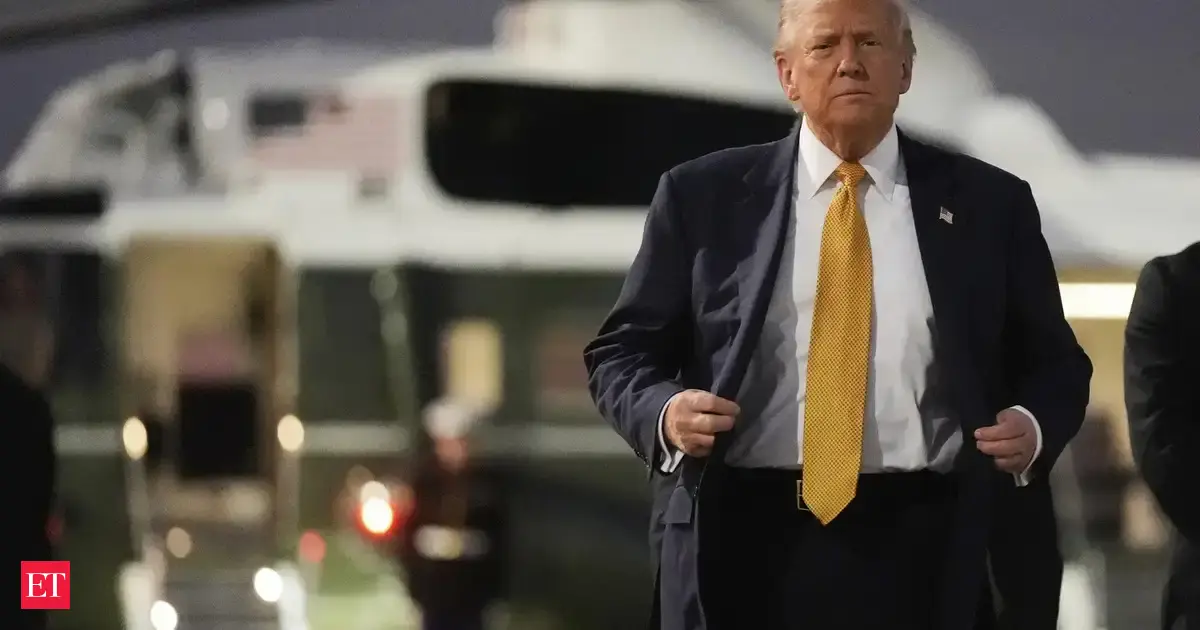Copyright Inc. Magazine

Although small company workplaces likely face margin pressures from higher costs generated by import tariffs, they’re still largely upbeat, characterized by owner optimism about their business outlook. Nevertheless, recent data shows that many entrepreneurs are using the same cautious hiring strategies as bigger firms, slowing recruiting to a crawl nationwide. That mix of entrepreneur confidence despite lingering concerns over the broader outlook for economic growth was captured by payroll and staff management service provider Gusto. Its recent “State of Small Business 2025” report surveyed 1,148 owners of midsized and smaller companies, most of whom remained upbeat despite the impact of import tariffs, rising costs, and higher interest rates that have made borrowing prohibitively expensive. Indeed, an impressive 87 percent of respondents said their businesses met or exceeded performance expectations this year, including 51 percent of participant who said they’d fared better than anticipated. Still, entrepreneurs were divided in their views of the wider economy, with exactly half of respondents describing themselves as either somewhat or very pessimistic about its direction. By contrast, only 28 percent of participants said they were somewhat or very optimistic about the economy, while 21 percent were undecided. Small business owners were even more tightly split about the effects of tariffs. Half described import duties imposed this year as having had more negative consequences than previously existing duties did. Surprisingly, the other 50 percent of participants said the recent levies had generated no additional impacts beyond those of previous customs levies, or had even produced positive changes. Featured Video An Inc.com Featured Presentation But there was another way the tariffs colored entrepreneurs’ perceptions. Eighty-five percent of small company owners who voiced negative views of the economy said tariffs had influenced that view, while 65 percent of respondents who said their businesses had underperformed their expectations blamed import duties at least partially for that. “(T)he costs of tariffs are felt by many small business owners, who told us that tariffs are creating a clear drag on margins and forcing them to rethink supply chains and possibly scale back expansion plans,” the Gusto report said. “What began in 2025 as uncertainty is now manifesting at the end of the year as real economic costs.” In addition to tariff costs prompting some entrepreneurs to rethink growth plans, wider doubts about the economy have also led many small business owners to embrace the minimalist hiring patterns adopted by bigger companies since the first quarter of the year. Around 40 percent of owner-respondents who employ one person or more said they had hired no additional new staff this year. That was often described as a check on rising costs, a precaution that many entrepreneurs attributed to tariffs and inflation. Nearly 60 percent of 2025 Gusto survey participants said higher prices had had a negative effect on their businesses — compared to 49 percent last year — leading many to become wary of adding more staff and salary expenses. “The smallest businesses tend to keep their headcount steady over time and hire only when an employee leaves,” the Gusto report said, noting that aligned with other aspects of national employment strategies. “The low rate of hiring among those firms suggests more workers are staying put, which is consistent with broader trends in the labor market.” Small business owners who have been hiring said they often filled customer-facing jobs, or other work requiring human skills that artificial intelligence applications can’t replace. “(A)s price increases have stressed the budgets of both businesses and consumers, small businesses who can’t easily raise prices may be investing in exceptional customer service to retain and attract customers,” the Gusto report said. “Finally, customer- and client-facing roles may be more resilient to replacement by today’s AI tools, as most of their value comes from a ‘human touch’ AI can’t replicate.” Another concern a majority of entrepreneurs voiced are the still relatively high interest rates that make borrowing money through bank loans too expensive. As a result, nearly 60 percent of survey respondents said they turned to alternative forms of external financing this year, with owners’ drawing from personal savings or using business credit cards cited as the most frequent forms. Contrary to popular belief, however, those funds were often used just to keep existing business running, and not to finance expansion plans. “It’s a popular assumption that small businesses primarily seek financing to grow their business,” the Gusto analysis said. “However, our survey shows financing is more often used to cover everyday expenses. This year, entrepreneurs have been most likely to use external financing to cover short-term costs or buy equipment and tools. Just 16 percent of small businesses that have received external financing this year have used it to invest in long-term growth.”



